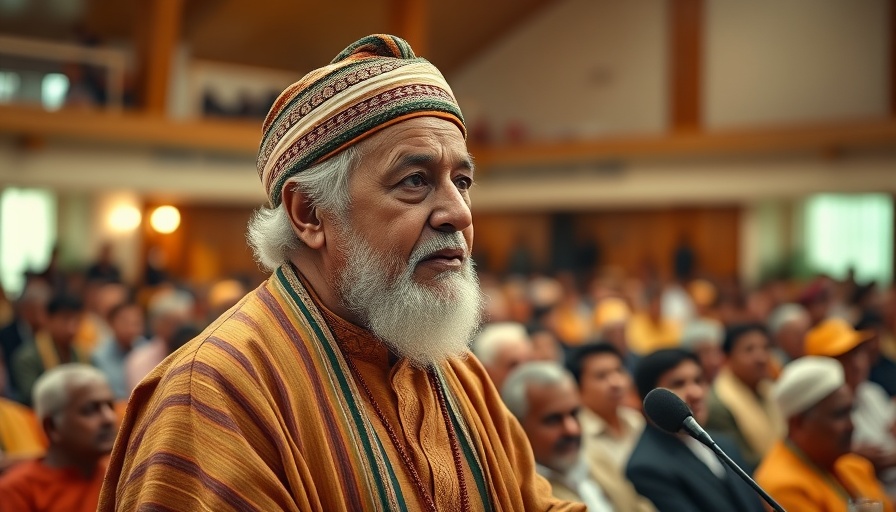
The Legal Battle Against Political Suppression
The recent legal actions taken by a coalition in Kaduna against the police's unjust ban on political gatherings have brought the spotlight back on the fragile state of democracy in Nigeria. The assertion made by Ysef Belu and his co-counsel reflects not just legal contention but also a profound struggle for human rights within the political landscape of Kaduna. In their pursuit of justice at the federal high court, they emphasize the unconstitutional nature of the police's actions, standing as a testament to the ongoing fight against the suppression of freedom of expression, assembly, and association in the region.
In 'El-Rufai’s Coalition Challenges Police Ban on Political Gatherings in Kaduna,' the discussion dives into pressing issues surrounding political freedom in Nigeria, and we’re breaking down its key ideas while adding our own perspective.
Understanding the Breach of Fundamental Rights
The essence of democracy lies in the ability of citizens to gather, discuss, and express dissent—three pillars that the police's recent embargo appears to disrupt. The coalition argues that such a unilateral ban on political gatherings not only contravenes constitutional provisions but also emboldens governmental overreach. This case underscores the urgent need for the judiciary to reaffirm the importance of these rights. Citizens’ freedoms should not be curtailed out of fear of political reprisal or violence.
The Implications of Police Actions on Democracy
The coalition’s stance reflects a troubling trend where state apparatus is weaponized against political opposition. By threatening venues and likely suppressing any semblance of alternative political discourse, the Kaduna state government may be perceived as undermining democratic principles. The legal challenge serves as a clarion call for citizens to remain vigilant, especially in a climate where the suppression of dissent is on rise throughout the African continent, casting shadows on political pluralism.
Strategies for Political Engagement
As political gatherings face increasing challenges, stakeholders must adapt their engagement strategies. The necessity for political parties, especially opposition groups, to find alternative ways to connect with their constituents is paramount. Creative grassroots campaigns, digital forums, and community dialogues can serve as viable alternatives to traditional meetings that are increasingly under threat. This strategic rethinking can empower citizens while showcasing resilience against oppressive tactics.
The Role of Civil Society and Activism
The legal confrontation initiated by the coalition embodies the vigor of civil society in Nigeria; a crucial ally in the discourse surrounding political freedom. As activists rally behind this movement, the engagement of civil society in protecting human rights becomes ever more significant. This movement can foster broader public awareness and mobilize citizens to challenge unjust policies directly, thus strengthening the fabric of democracy.
Future Predictions for Political Dynamics in Kaduna
Looking forward, the outcome of this legal battle could be pivotal, not just for Kaduna, but for the entire nation. A ruling in favor of the coalition might indeed reinvigorate the political landscape, offering a pathway back to a democratic engagement that extends beyond the barriers erected by local authorities. Conversely, a ruling that upholds the ban may embolden further initiatives aimed at stifling political discourse across Nigeria, reversing budding democratic gains.
Overall, the events in Kaduna encapsulate a larger narrative of struggle against poor governance and the quest for human rights across the African continent. The court's decision will be watched closely, signaling perhaps the way forward in this ongoing tug-of-war between state power and individual freedoms.
 Add Row
Add Row  Add
Add 


Write A Comment